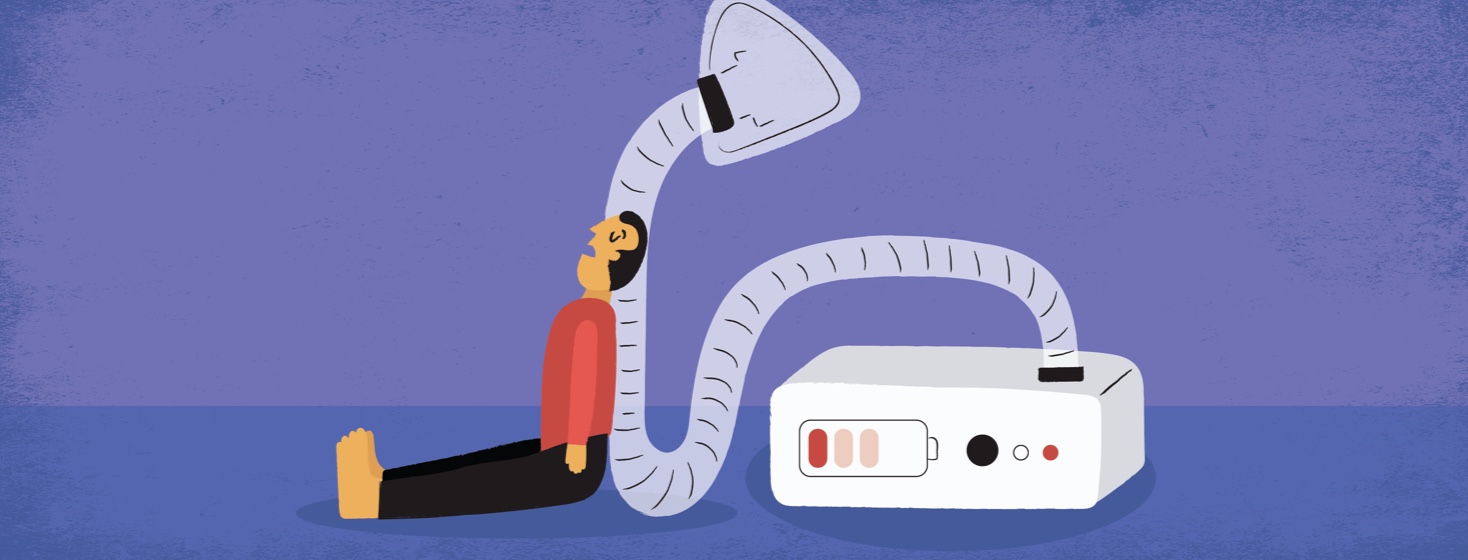Sometimes You Don't Feel Better With CPAP Treatment
It is so hard to say this. It's not a fun thing to tell people. But, sometimes I do have to tell people, because it's the truth: sometimes continuous positive airway pressure (CPAP) therapy doesn't make you feel better.
There are lots of unknowns with sleep apnea, along with lots of other potential unknowns about each individual's health. But sometimes, despite dedicated and consistent CPAP use, you may not feel the energy or wakefulness that you have come to expect.
For some people, like myself, you may get a burst of energy after you start CPAP, only to have that energy taper off as the months go on.
Reasons you might not feel better with CPAP
Why is this? Without knowing someone's health history, it's quite hard to say. There has, however, been research that long-term untreated sleep apnea can damage the brain.1
While CPAP can help with the healing process (and keep the damage from getting worse!), it is not yet known if this can be reversed fully with treatment.
There can also be other factors contributing to why you're not feeling better. It's important to visit your doctor regularly to rule out other causes of fatigue such as anemia or a thyroid imbalance, among other things.
Another factor could be that you have a secondary sleep disorder, like narcolepsy or idiopathic hypersomnia.2,3
These conditions are rare, but luckily are able to be diagnosed by your sleep doctor with additional testing. (I have idiopathic hypersomnia myself.) Fortunately, there are several treatment options available for both of these disorders that can help you improve your quality of life.
Resist the urge to give up
Whatever your reasons are for having continued fatigue after consistent CPAP treatment, it is imperative that you continue with CPAP therapy, if you can, as needed into the future.
Many people think that it is pointless to continue CPAP use if they are not feeling better, however, there are still lots of things that CPAP helps! In fact, your life could be dependent on CPAP: studies have shown that untreated sleep apnea can contribute to the worsening of fatal conditions like heart attack and stroke.4
In addition to this, untreated sleep apnea is also linked to a higher instance of type 2 diabetes.5
Even if you're still suffering from fatigue, consistent CPAP use is of the utmost importance for your overall health.
Talk to your healthcare team
Luckily, if you're not feeling better after a couple of months of consistent CPAP use, there are places to get help. It's important to follow up with both your primary doctor and your sleep doctor in these instances.
But, be patient - sometimes figuring these things out can take time. In the meantime, keep using your CPAP if you can, and don't give up on your search for answers.

Join the conversation